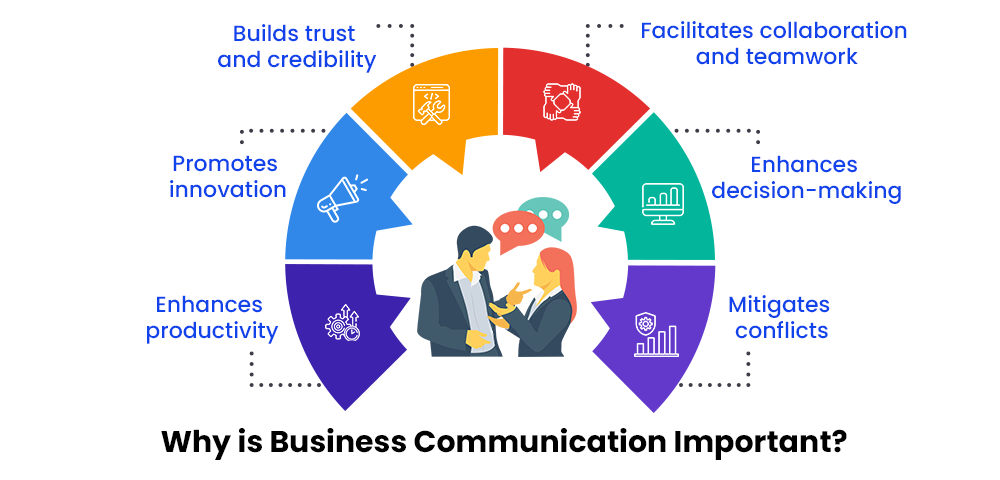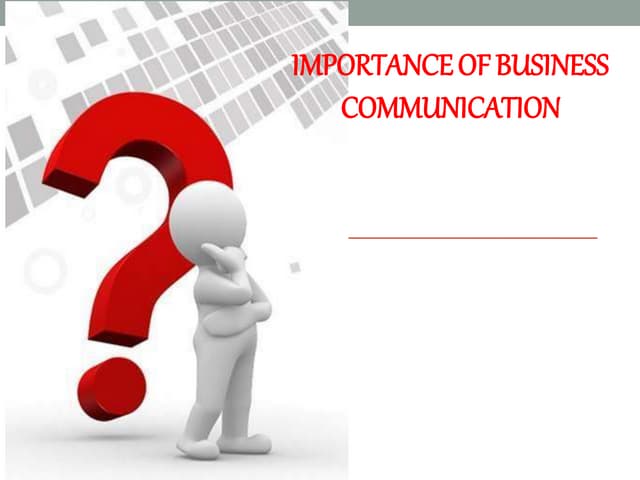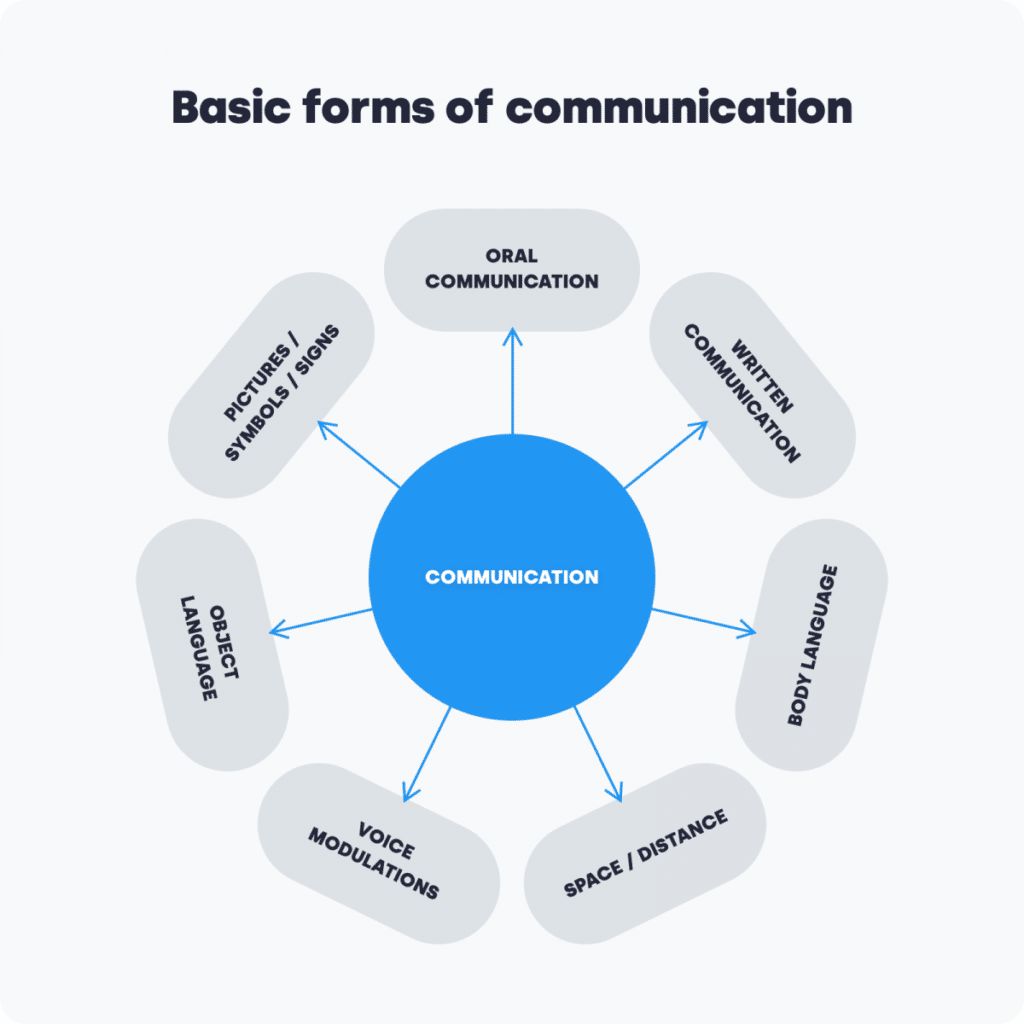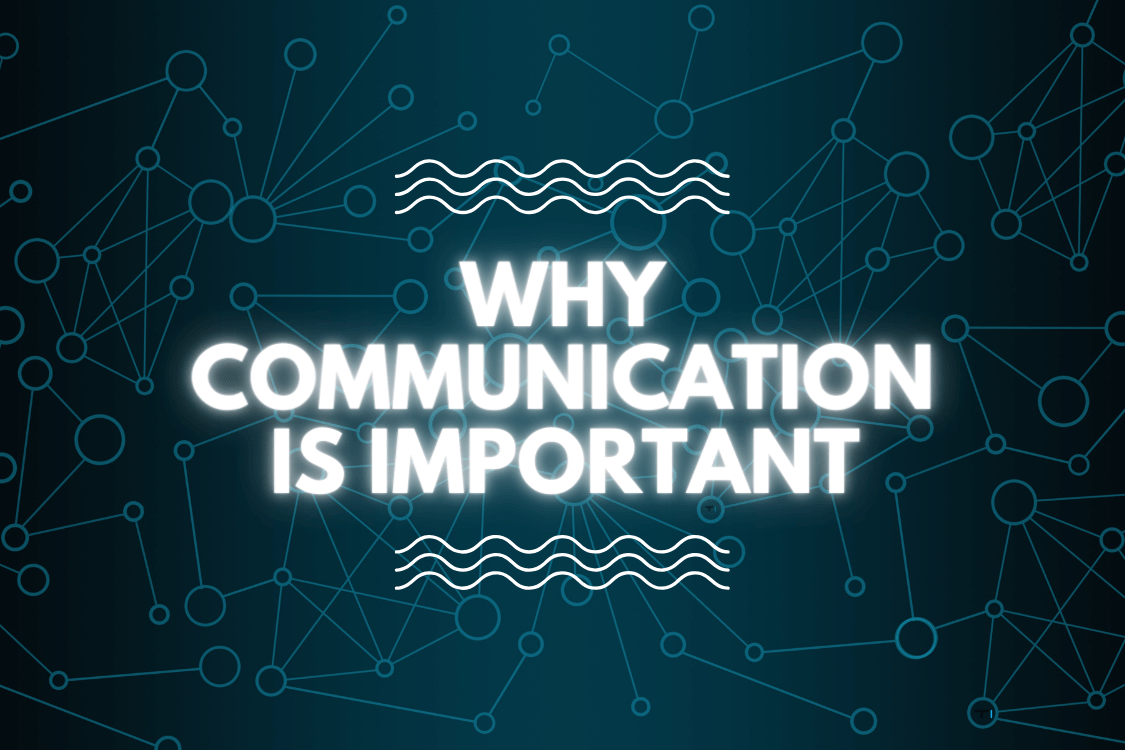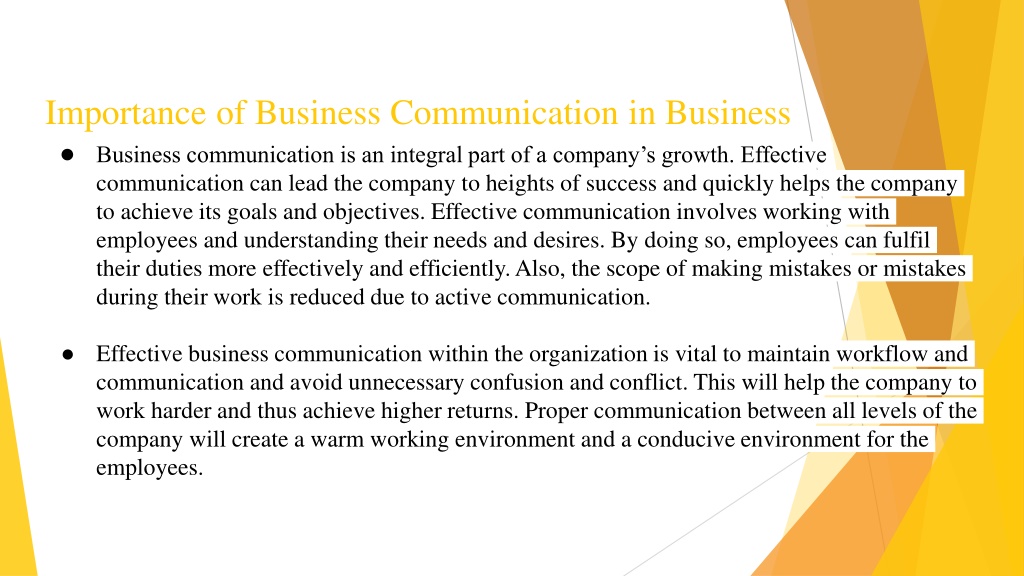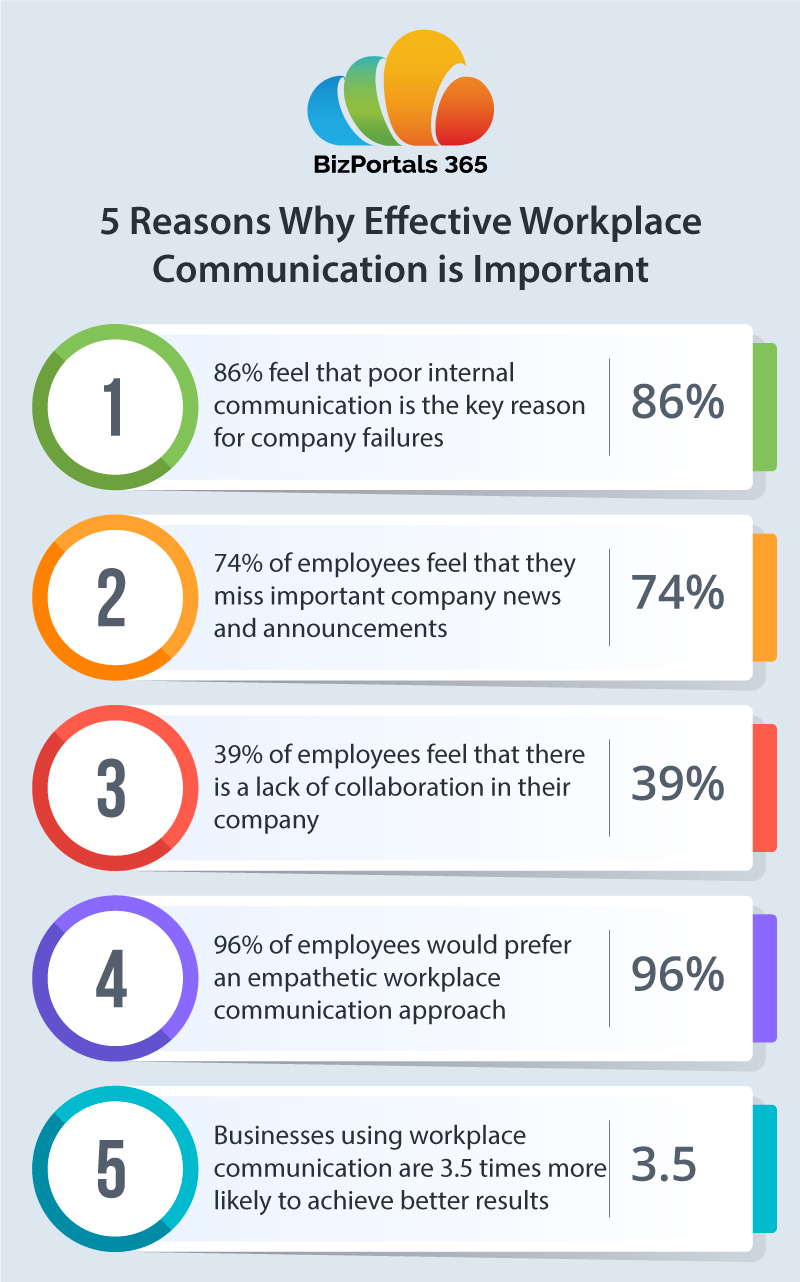Why Is Communication In A Business Important

In today's fast-paced and interconnected business world, the ability to communicate effectively can make or break an organization. Misunderstandings, delays, and inefficiencies stemming from poor communication can lead to significant financial losses, damaged reputations, and decreased employee morale. The stakes are high, demanding a laser focus on cultivating robust communication strategies within every enterprise.
At its core, effective communication in business is the lifeline connecting all stakeholders, both internal and external. It’s the engine driving collaboration, innovation, and overall success. This article delves into the critical importance of communication, exploring its multifaceted impact on various aspects of business operations and outlining strategies for its enhancement.
Building a Foundation of Trust and Transparency
Open and honest communication fosters trust within an organization. Employees are more likely to feel valued and engaged when they are kept informed about company goals, performance, and challenges.
According to a 2023 report by Gallup, organizations with high employee engagement outperform those with low engagement by 23% in profitability. Transparent communication also builds trust with customers and investors, enhancing brand reputation and long-term relationships.
Enhancing Collaboration and Teamwork
Effective communication is the bedrock of successful teamwork. It allows team members to share ideas, coordinate efforts, and resolve conflicts efficiently.
A study by McKinsey & Company found that improved communication and collaboration technologies can raise productivity by as much as 20-25%. Clear communication also reduces the likelihood of misunderstandings and errors, leading to smoother project execution and better outcomes.
Driving Innovation and Problem Solving
Open channels of communication encourage employees to share their ideas and perspectives, fostering a culture of innovation. When individuals feel comfortable expressing their thoughts, it sparks creativity and leads to the development of new and improved products, services, and processes.
Forbes highlights that companies with strong internal communication are more likely to adapt quickly to changing market conditions. Effective communication also facilitates problem-solving by enabling teams to quickly identify issues, analyze them from different angles, and develop effective solutions.
Improving Customer Relationships
Clear and timely communication with customers is essential for building strong and lasting relationships. Responding promptly to inquiries, providing accurate information, and addressing concerns effectively demonstrates a commitment to customer satisfaction.
Research from the Harvard Business Review suggests that companies with excellent customer communication have higher customer retention rates. Furthermore, proactive communication, such as providing updates on product developments or offering personalized support, can enhance customer loyalty and advocacy.
Mitigating Risks and Managing Crises
In times of crisis, effective communication is paramount. A well-defined crisis communication plan allows organizations to quickly and accurately inform stakeholders about the situation, actions being taken, and potential impact.
According to a report by the Institute for Public Relations, companies that communicate transparently and proactively during a crisis are more likely to maintain their reputation and rebuild trust. Poor communication, on the other hand, can exacerbate the crisis, leading to reputational damage, legal liabilities, and financial losses.
Strategies for Enhancing Communication
Businesses can implement several strategies to improve communication effectiveness. These include investing in communication training for employees, establishing clear communication channels, and utilizing technology to facilitate information sharing.
Implementing feedback mechanisms, such as surveys and suggestion boxes, allows organizations to gather valuable insights from employees and customers. Furthermore, fostering a culture of open dialogue and active listening encourages individuals to share their thoughts and concerns without fear of reprisal.
The Future of Business Communication
As technology continues to evolve, the landscape of business communication will undoubtedly transform. Artificial intelligence, virtual reality, and other emerging technologies are poised to revolutionize the way organizations communicate with stakeholders.
Businesses that embrace these new technologies and adapt their communication strategies accordingly will be best positioned to thrive in the future. The importance of clear, concise, and timely communication will only continue to grow, making it an indispensable asset for organizations seeking success in an increasingly complex and competitive global marketplace.


